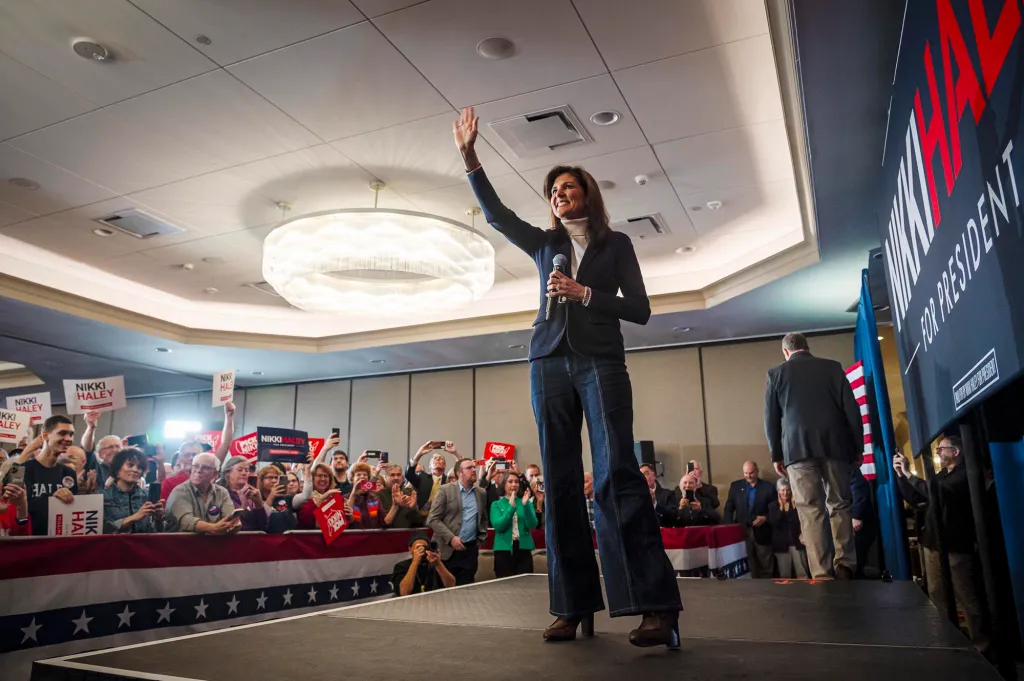In an unexpected turn of events, former South Carolina Governor Nikki Haley secured her first victory in the Republican presidential primary in Vermont. The outcome, which saw Haley leading former President Donald Trump by a margin of 49.3% to 45.2%, marked a significant upset in a state traditionally unfriendly to Trump. With all but eight municipalities reporting, the Associated Press declared Haley the winner at 10:37 p.m.
Despite her triumph in Vermont’s Super Tuesday contest, Haley faced substantial defeats in neighboring New England states like Massachusetts and Maine. Prior to this, her only victory had been in the District of Columbia. However, her win in Vermont underscored the depth of anti-Trump sentiment within the state, where Trump had secured only 31% and 30% of the vote in the 2020 and 2016 elections, respectively.
Haley’s success in Vermont was largely attributed to the state’s open primary system, which allowed Democrats and independents to participate in the Republican primary by taking a Republican ballot. This tactic, encouraged by Vermont Governor Phil Scott, aimed at thwarting Trump’s nomination. Scott had urged voters, regardless of political affiliation, to support Haley as a means to oppose Trump.
The Republican primary ballot in Vermont featured Haley and four other candidates, all of whom had dropped out by Election Day. Meanwhile, President Joe Biden easily won the Democratic primary, facing minimal competition from relatively unknown candidates.
Voters’ motivations varied widely. Some, like Marley Beers and Art Shields, crossed party lines to vote strategically against Trump, while others, such as David Martin and Stephanie Figueiredo, supported Trump due to concerns about the economy and immigration.
Conversely, supporters of Biden highlighted their desire to keep Trump out of office and expressed satisfaction with Biden’s performance thus far. With issues like inflation, immigration, and the future of American democracy at the forefront of voters’ minds, the primary reflected a diverse range of opinions and priorities among Vermonters.
Overall, Haley’s unexpected victory in Vermont served as a testament to the state’s anti-Trump sentiment and the strategic maneuvering of voters across party lines. As the primary season progressed, it remained to be seen how these dynamics would shape the broader political landscape heading into the general election.



















+ There are no comments
Add yours